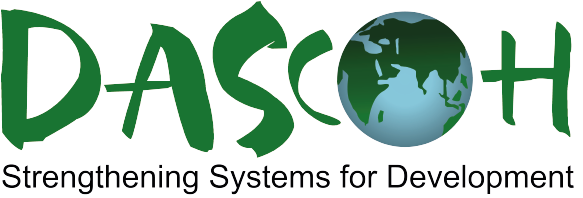
Title of the Project: Environmental Human Rights for a Just Transition: Strengthened Local CSOs Transforming Climate Hotspots into Resilient Communities (ENGAGE)
Project Implementation Period: 4 Years (01 January 2025 to 31 December 2028
Name of donor: NETZ Partnership for Development and Justice
Project Areas:
Rajshahi District: Tanore and Godagari Upazila
Naogaon District: Manda and Mohadevpur Upazila
Direct Project Beneficiaries: 30,710 (persons)
Total Project budget: BDT 6,12,42,520
District/ Upazila wise budget distribution:
Rajshahi district: BDT. 1,09,72,980
Naogaon district: BDT. 1,09,72,980
Project type and goal:
Overall objective: Enhanced CSOs independently contribute to sustainable development, human rights, democracy and good governance in Bangladesh.
Specific objective: Active local CSOs led by women, youth and indigenous peoples sustainably protect and promote the right to a healthy, clean and safe environment of the people most vulnerable to climate change and environmental degradation and advance a low-carbon and climate-resilient society.
Output 1: Strengthened capacities of EHRDs organized in CSOs and student forums from grassroots to district levels to promote, protect and advocate for the rights of women and vulnerable communities at particular risk from environmental degradation and climate change.
Output 2: Enhanced activism of the local CSOs as well as collaborative actions in partnership with LAs and educational institutions to safeguard inclusive governance preventing climate-induced rights violations and environmental harm.
Output 3: Improved cooperation of CSOs from local to national levels and with journalists to generate public discourse for influencing policies and to initiate systematic change benefitting women and vulnerable groups affected by environmental and social harm.




